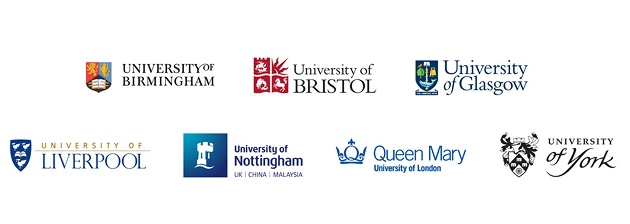Search Universities
| Country | University | |
|---|---|---|
- Home page /
- Universities /
- Poland
Poland
UNIVERSITIES WHERE YOU CAN STUDY BEST
-
University of Warsaw
-
Adam Mickiewicz university Poznan
-
AGH university of Krakow
-
Gdansk university of technology
-
Medical university of Bialystok
-
Medical university of Gdansk
-
Lodz university of technology
-
Nicolaus Copernicus university in Torun
-
Opole university of technology
-
Poznan university of life sciences
-
Poznan university of technology
-
Silesian university of technology
-
SWPS university
-
University of Gdansk
-
Warsaw university of life sciences
-
Warsaw university of technology
-
Wroclaw university of science and technology
-
Cracow university of technology
-
Lublin university of technology
-
Maria Curie Sklodowska university
-
Rzeszow university of technology
-
University of life sciences in Lublin
-
University of Lodz
-
University of Silesia in Katowice
-
University of Szczecin








Arzuwlaryma yol açan merkez
Men bu merkezde diňe bilim däl, eýsem uly goldaw we ruhlandyryjy gurşawy tapdym. Mugallymlaryň sabyrlylygy we ugrukdyryşy üçin örän minnetdar.More
Gurbanýazowna Gülşat Begenjowa
Student
Netijeli bilim, güýçli maksat
Globalda okamak bilen bilimime bolan garaýşym düýpgöter üýtgedi. Indi men maksat goýmagy we şoňa tarap sabyr bilen işlemäni öwrenýärin.More
Gurbanýazowiç Omar Gurbanýazow
Student
Globalda alan tejribän
Men "Global" okuw merkezine gatnap başlanym bäri özümi has kämilleşdirdim. Indi men daşary ýurt okuwlaryna girmäge taýýarlanýaryn. Bu ugurda maňa "...More
Nazarow Bagtyýar Begnazarowiç
Student